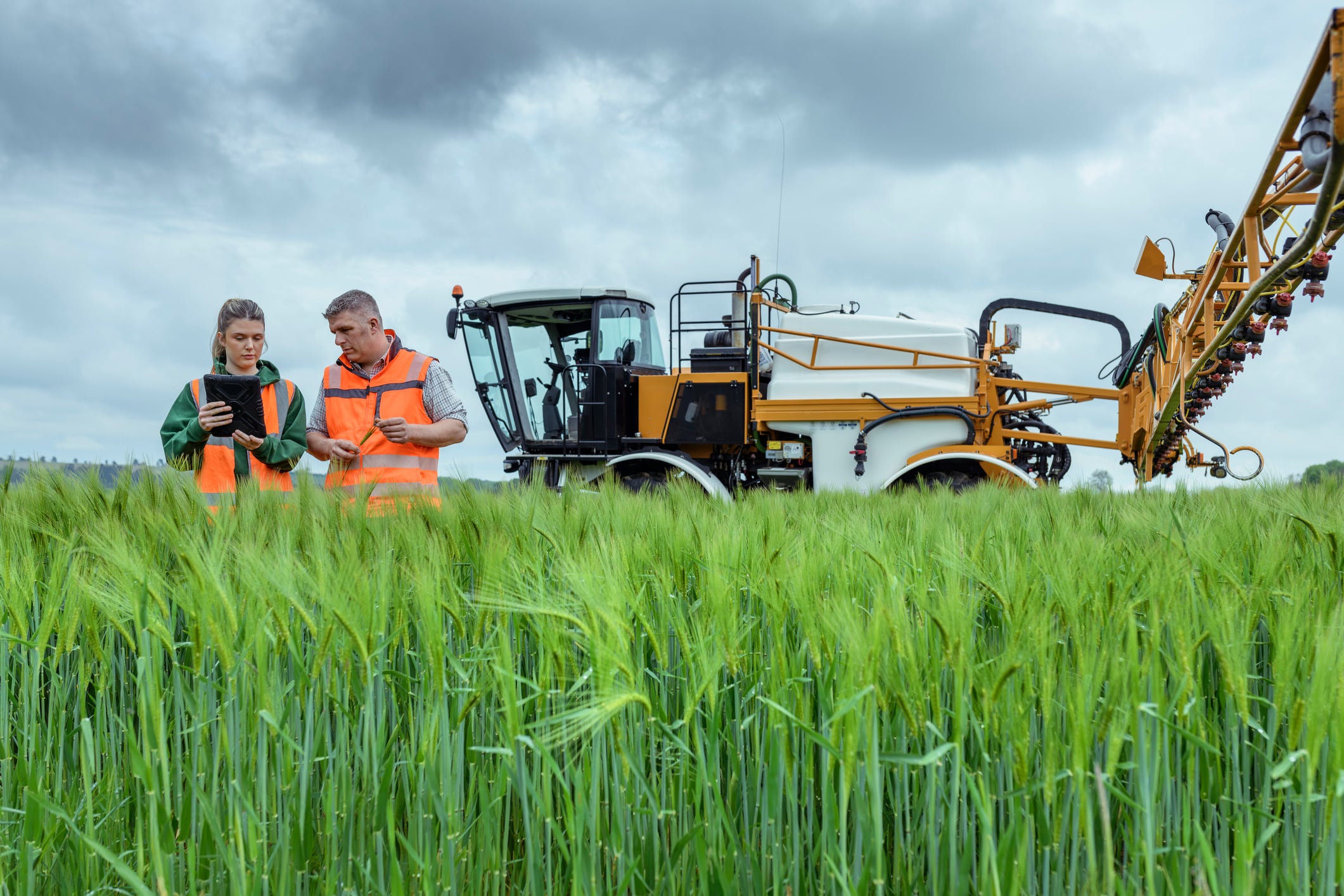
Why venture capital may be failing agtech
A new academic paper argues that VC’s fast-growth model clashes with agriculture’s biological realities – calling for patient capital and farmer-led funding instead
Venture capital may not be the best fit for agriculture, according to a new paper published in Food Policy. The authors argue that agriculture’s long development cycles, regional specificity, and limited exit opportunities make it poorly suited to VC’s five-to-seven-year return expectations.
Speaking to AgTechNavigator, co-author Jorge Fernández-Vidal, researcher at the Universidad Politécnica de Madrid and managing director at the Liechtenstein Group, said: “Things like biological inputs, biocontrols, or seed innovations, simply don’t fit neatly into the five-to-seven-year VC clock. You can’t compress biological validation; it takes multiple seasons, often in multiple geographies, and you face strict regulatory timelines that can’t be fast-tracked.”

What Corteva’s split means for the future of its seed, crop protection businesses?
Corteva joins a growing list of companies that believe going alone is better than sticking together.
Seed and crop protection company Corteva started its fourth quarter off with a bang, announcing the split of its two business units into separate public companies, following unanimous approval from the ag giant’s board of directors on the deal and media reports teeing up the spin-off.
The current Corteva will become New Corteva and SpinCo, which will house the company’s crop protection and seed businesses, respectively, the company shared in a press release. The split is expected to be finalized in the back half of 2026, and details on the companies’ board structure and management teams are forthcoming.
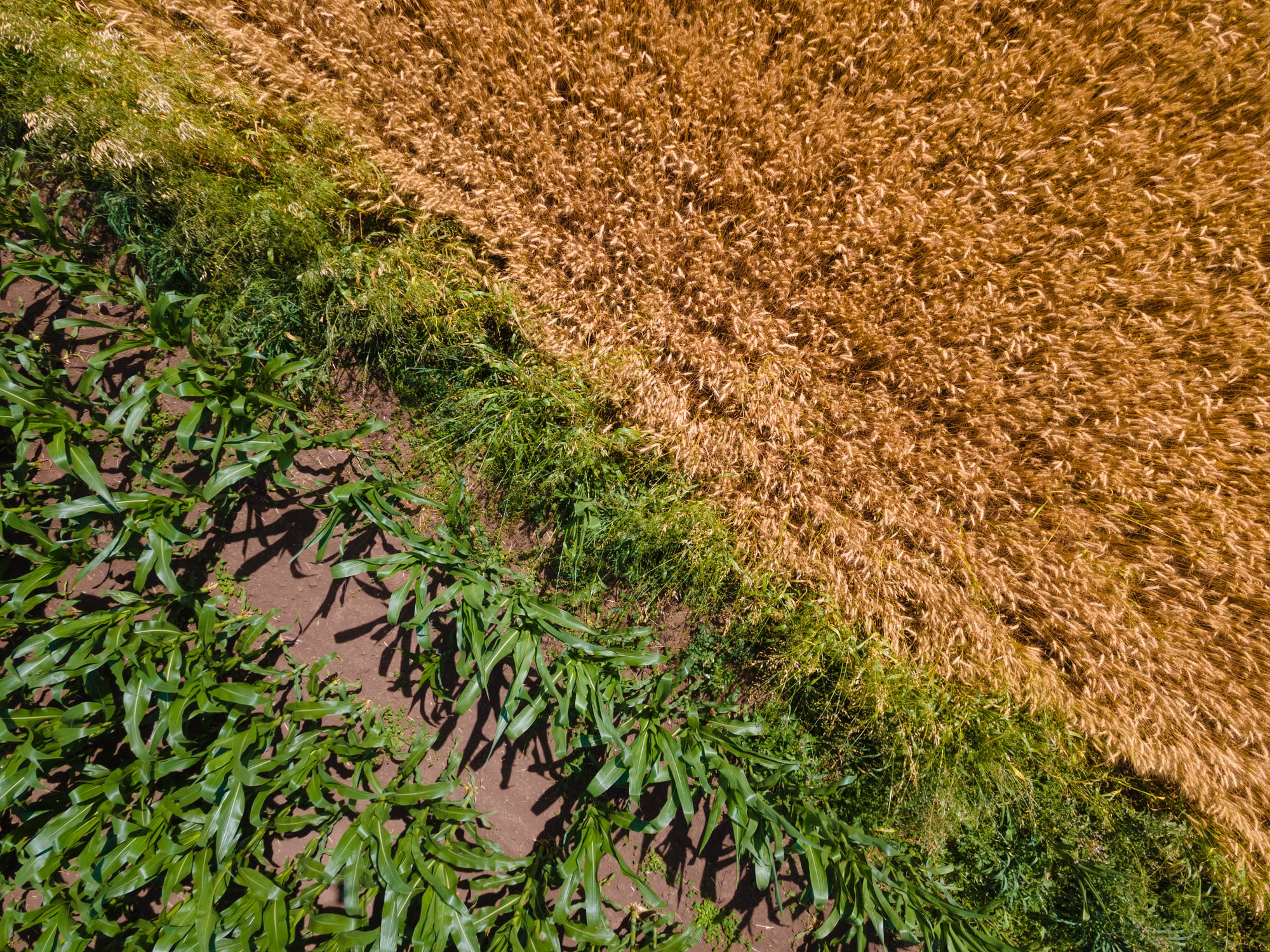
‘It makes a ton of sense’: Bayer shifts focus to regenerative value chain partnerships across Europe
Lionnel Alexandre, head of carbon business at Bayer CropScience EMEA, explains why Bayer is prioritizing regenerative agriculture through value chain interventions over carbon projects in Europe – offering food brands supply chain resilience and farmers a step-by-step path to sustainable yields.
Bayer is moving beyond carbon farming in Europe, opting instead for value chain interventions that align with the evolving priorities of major food brands.
It works with food brands and their supply chains, including Perdue Agribusiness, PepsiCo, ADM, and Mars Petcare, to support regenerative agriculture practices and lower their climate footprint.

Carbon market analysis: Are soil-based credits better than forestry offsets?
Mycorrhizal inoculant company Groundwork BioAg bolstered its carbon credit programme by partnering with Anew Climate, as demand for credits rise across the globe.
Israel-based Groundwork is demonstrating the potential of mycorrhizal inoculants to sequester carbon, and in the process, developing a carbon market that companies can invest in to accomplish their environmental, social, and governance (ESG) goals.
Founded in 2014, Groundwork developed a biotech-derived mycorrhizal fungi that promote plant growth and soil fertility via nitrogen fixation, phosphorus solubilization, and synthesis of growth-promoting substances, AgTechNavigator previously reported.

AI for crop engineering: Corteva, Profluent Bio partner to develop gene editing tools
AI continues to find a home in the agriculture industry, as a partnership between an industry leader and a start-up will create a platform for developing sustainable and innovative crops.
Ag giant Corteva is bolstering its crop engineering capabilities through a partnership with AI and biotech start-up Profluent Bio, which will help the ag giant develop more sustainable and resilient crops.
Through the partnership, Corteva will incorporate Profluent’s ProGen3 platform capabilities for developing proteins into its gene-editing Genlytix ecosystem, ultimately speeding up the development of new products in the process. The partnership was made possible through the ag company’s venture arm, Corteva Catalyst, and financial details of the partnership were not disclosed.
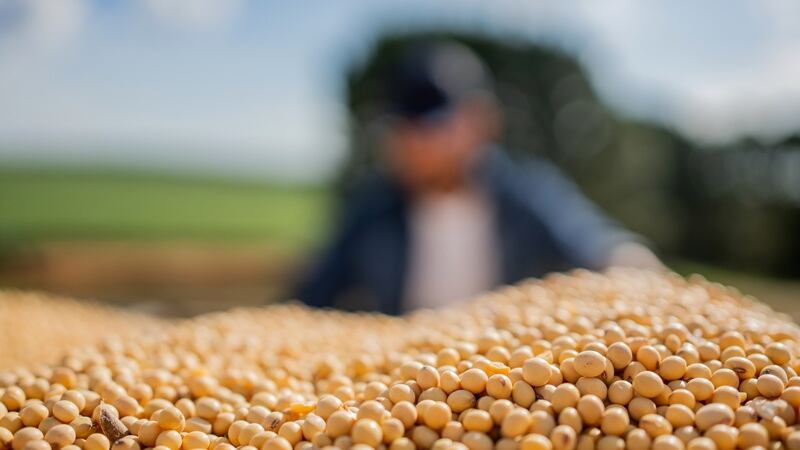
How a soybean farmer bailout could have larger ag, trade implications
The Trump administration’s ongoing trade negotiations with China is hurting U.S. soybean farmers, as tariff-induced trade volatility enters a new normal.
Humble soybean farmers find themselves in the middle of the Trump administration’s ongoing trade negotiations with China, as government officials signal that a bailout for growers might be imminent.
Amid the trade tensions and tariffs, the U.S. “has not shipped a soybean to China since May,” as the Asian country turns to Brazil for its supply, Stephen Nicholson, global sector strategist, grains and oilseed at Rabobank, told AgTechNavigator.
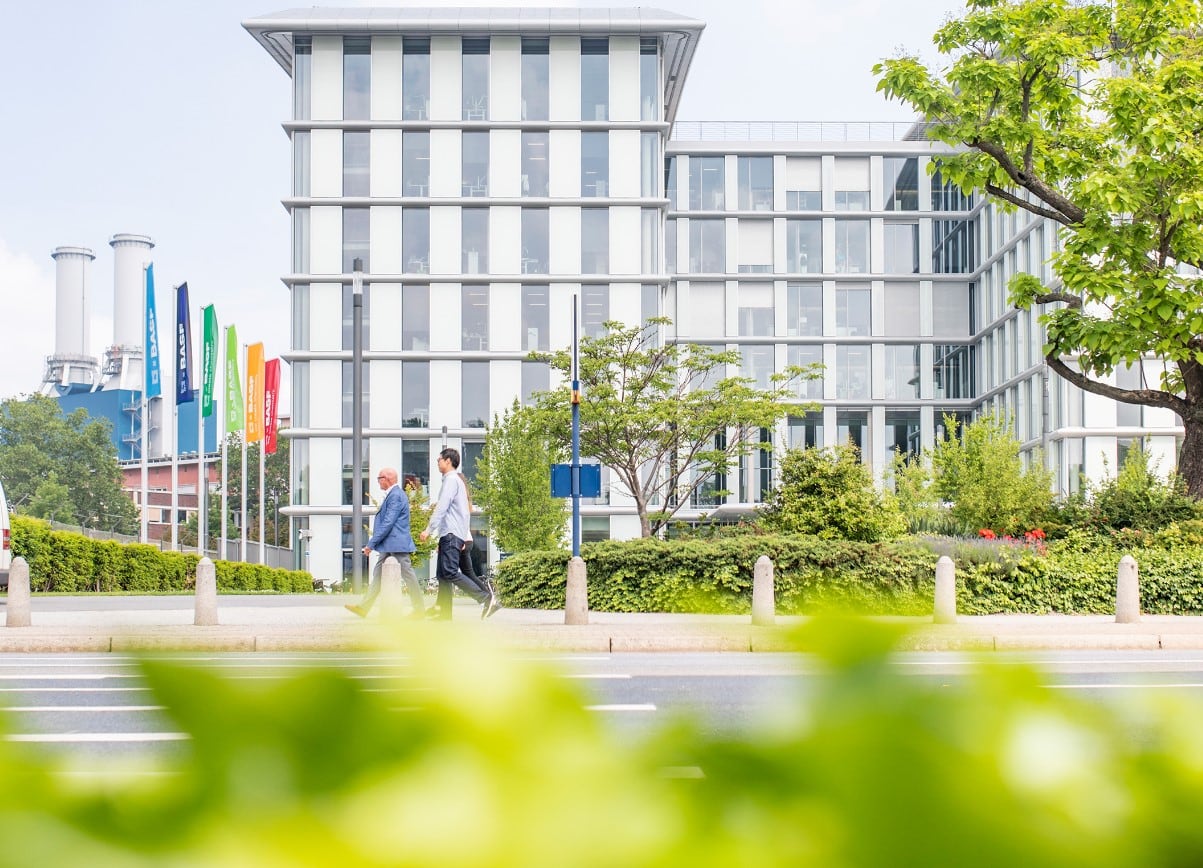
BASF to partially divest agricultural solutions division via IPO in 2027
€10bn unit to gain autonomy as BASF reshapes its agribusiness strategy under “Winning Ways”
BASF has announced plans to partially divest its Agricultural Solutions division through a minority IPO in 2027, marking a major shift in the global agribusiness landscape. The move is part of the company’s broader “Winning Ways” strategy to streamline operations, boost capital efficiency, and sharpen its focus on core specialty chemicals.
The Agricultural Solutions division, which generated €9.8 billion in sales in 2024, will be legally separated and equipped with a dedicated ERP system to prepare for the listing. BASF confirmed to AgTechNavigator that it will remain the majority shareholder post-IPO, positioning the unit for greater strategic focus and operational flexibility.
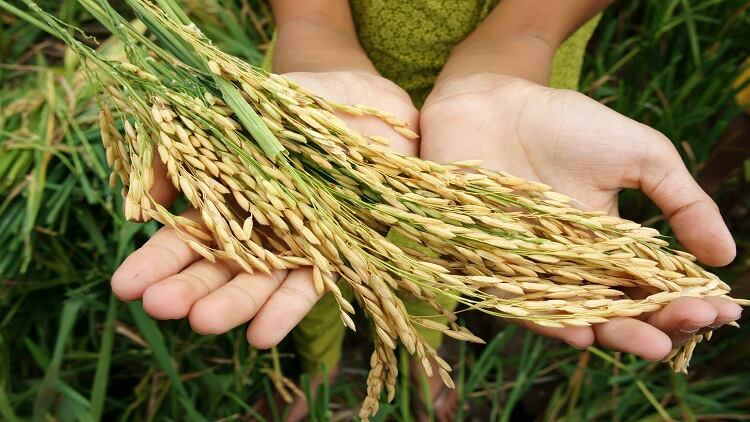
‘Farmers will suffer most’: Vietnam rice sector slump deepens as Philippines import ban may extend to year-end
Vietnam’s rice sector faces mounting pressure as the Philippines import ban could stay in place until year-end, raising concerns over further price falls for the top exporter.
Agriculture Secretary Francisco Tiu Laurel Jr. announced a 30-day extension on its rice import ban, a measure to support domestic farmers during its peak harvest season.
The Philippines initially set its rice import ban for 60 days ending in October. However, it is likely that the ban will continue at least till the end of this year.

BASF reviews next steps for feed enzymes business
Focus on strategic partnerships to unlock full potential.
The global feed enzymes market is experiencing strategic shifts, with BASF reviewing options for its business in the sector.
BASF, a pioneer in feed enzymes and the company behind Natuphos - the world’s first commercial phytase launched in 1991 - confirmed it is assessing strategic options for its feed enzymes business within the nutrition and health division.
The German chemical company emphasized that the review applies solely to its feed enzymes business and does not affect other enzyme portfolios.

The Reservoir launches evergreen VC fund to support start-ups in AI, robotics, precision ag
The Reservoir continues its venture capital (VC) discipline with a new fund targeted at early-stage agtech start-ups
The Reservoir is building on its foundation of supporting agtech start-ups by launching a venture fund — Reservoir Venture (VC) — with ag industry veteran Matthew Hoffman, former global R&D, agtech, and digital transformation lead for berries producer Driscoll’s, joining the firm as a general partner (GP).
The evergreen venture fund — meaning it is open to new investors — is investing in pre-seed start-ups in robotics, automation, precision agriculture, and AI software-as-a-service (SaaS) platforms, Danny Bernstein, founder and CEO of Reservoir, told AgTechNavigator. Reservoir VC is investing in pre-seed companies “with valuations aligned to today’s agtech exit realities,” Reservoir Farms shared in a press release.
